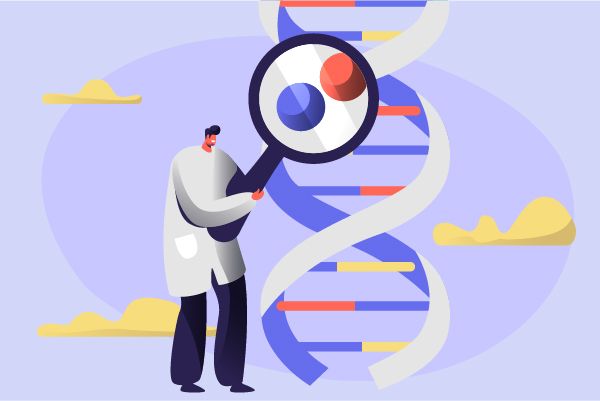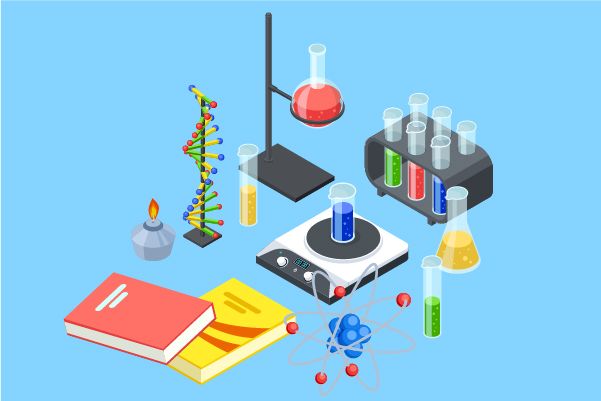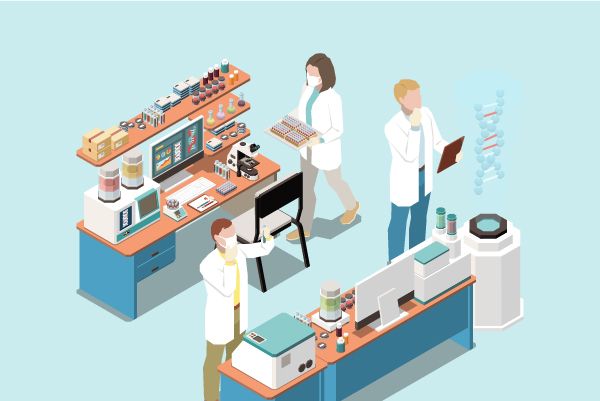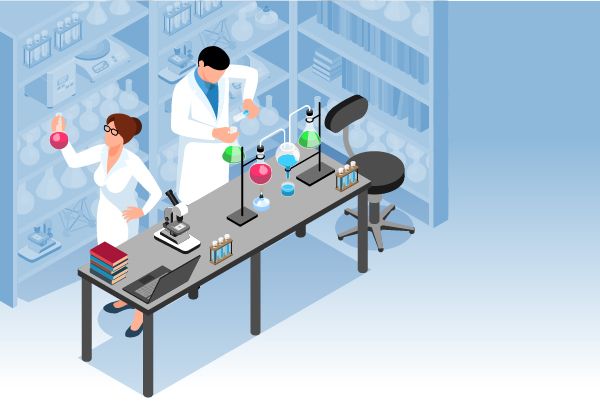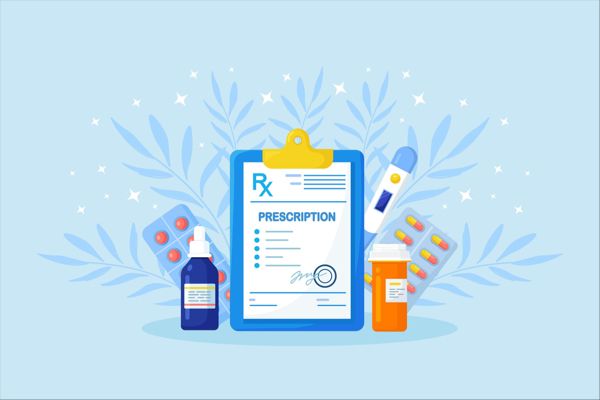Request Demo
Recent blog posts
Knowledge Base
2 min read
What are the side effects of drugs?
18 December 2023
When patients take atropine to treat gastrointestinal pain, it is easy to produce side effects of blurred vision.
Knowledge Base
2 min read
How to express the incidence of adverse reactions?
18 December 2023
The inducing factors of adverse drug reactions include non drug factors and drug factors.
Knowledge Base
2 min read
Do adverse drug reactions have to have a clear causal relationship before they can be reported?
15 December 2023
Determining the causal relationship between a drug and a suspected adverse reaction is sometimes very difficult and takes a long time.
Knowledge Base
2 min read
What is the voluntary reporting for adverse drug reactions?
15 December 2023
After the "Thalidomide Incident" in the 1960s, regulatory authorities in many countries established voluntary reporting systems for adverse drug reactions to collect adverse drug reactions.
Knowledge Base
2 min read
Can protein drugs achieve targeted therapy and how to achieve it?
14 December 2023
Protein drugs, also known as biologics, have revolutionized the treatment of various diseases by specifically targeting specific molecules or pathways involved in disease progression.
Knowledge Base
2 min read
The need for modified therapeutic proteins and why they need to last longer in the body
14 December 2023
Active targeting of a drug is typically achieved by conjugating it to a target entity that improves bioavailability and reduces systemic toxicity.
Knowledge Base
4 min read
Challenges and Limitations for the Delivery of Protein Drugs
13 December 2023
As indicated, effective use of protein drugs can be compromised by their instability in the body, rapid rates of clearance, premature uptake by tissues and immunogenicity or antigenicity.
Knowledge Base
3 min read
Cellular and Gene Therapies: What is My Optimal Dose?
13 December 2023
Pharmacometric models describe the current understanding of the drug/therapy and simulations help predict next steps for testing the drug in animals and humans.
Knowledge Base
2 min read
The reason of Synthesis of oligonucleotides is an important part of several recent experiments in genetics
13 December 2023
The market is expected to benefit from constant growth in the genomics and genetic modification markets as progress in genetic instruments simplifies oligonucleotide synthesis.
Knowledge Base
2 min read
What is lethal synthesis?
13 December 2023
Compounds resembling key metabolites can compete with them or disrupt their use, or get incorporated into biological macromolecules, creating faulty structures that hinder cell growth and can be lethal.
Knowledge Base
2 min read
What is somatic gene therapy?
8 December 2023
Somatic cell gene therapy targets those cells of the body that are not involved in reproduction – the somatic cells.
Knowledge Base
2 min read
When transitioning to the PBRER, how should the MAH handle medicinal products whose current DLP is not synchronised to the new definition of the IBD?
8 December 2023
The definition of IBD in the Guideline refers to the date of the first marketing approval for any product containing the active substance granted to any company in any country in the world.
